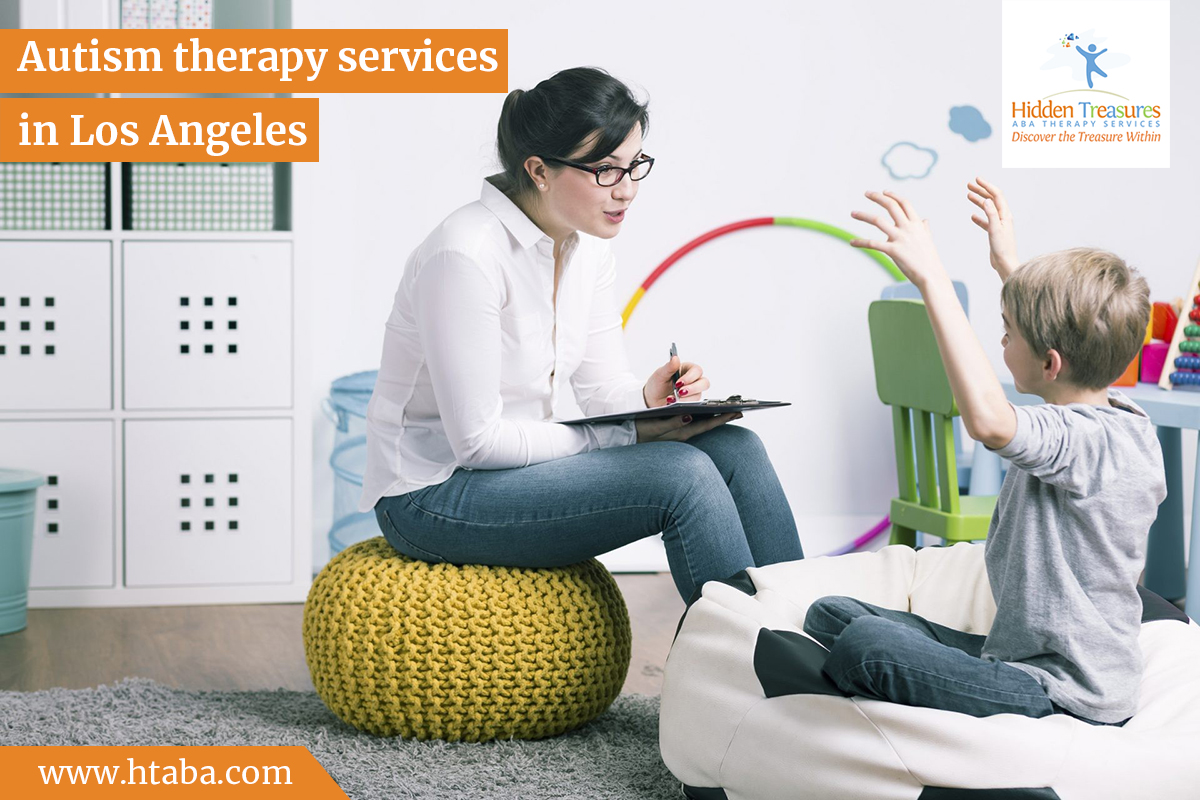Find out if applied behavior therapy is required for your child
Applied Behavior Analysis (ABA) is the systematic application of psychological concepts of learning theory to change behavior. Special education and the treatment of autism spectrum disorder (ASD) are two of the most common applications, but it's also utilized in healthcare, animal training, and even business. ABA is largely acknowledged as the only scientifically valid treatment for behavioral difficulties related with ASD.
Applied behavior analysis therapy is widely regarded as the gold-standard treatment for children with autism spectrum disorder (ASD) or other developmental disorders, according to many specialists. However, it's also used to treat a variety of other ailments, including:
- a substance abuse problem
- dementia
- After a brain injury, there is cognitive impairment.
- Anxiety and related disorders such as panic disorder, obsessive-compulsive disorder (OCD), and phobias, as well as rage difficulties
- Personality problem on the edge
How does it work?
If you are looking for applied behavior analysis near me, you might also be keen understanding what it actually is. ABA is divided into various phases, providing for a customized approach to your child's needs.
- Consultation and evaluation
You should first seek advice from an ABA-trained therapist. Functional behavior assessment is the name for this consultation (FBA). Your child's skills and abilities, as well as things that bother them, will be discussed with the therapist. They'll spend time with your child interacting with them to observe their behaviour, communication level, and talents. They may also pay a visit to your home and your child's school to watch how he or she behaves in everyday situations.
For each child, effective ASD treatment takes on a distinct form. As a result, ABA therapists should discuss specific therapies that are appropriate for your child's needs. They may also inquire about incorporating particular tactics into your daily routine at home.
- Making a strategy
Your child's therapist will establish a formal therapy plan based on their findings during the initial meeting. This plan should be tailored to your child's specific requirements and include specific treatment objectives. These objectives usually involve lowering troublesome or destructive behaviours like tantrums or self-injury, as well as developing or enhancing communication and other abilities. Specific tactics that caregivers, teachers, and the therapist can utilise to attain treatment goals will also be included in the plan. This keeps everyone involved in your child's education on the same page.
Parents and caregivers are also used in ABA to assist reinforce desired behaviours outside of therapy. Your child's therapist will educate you and his or her teachers ways for reinforcing the work they do in treatment. You'll also learn how to safely avoid less successful forms of reinforcement, such as giving in to outbursts or frequent tantrums.
- Evaluation on a regular basis
ABA therapists work to determine the root reasons of particular behaviours in order to assist your kid in changing or improving them. Your child's therapist may change their approach during therapy depending on how your child responds to certain approaches. As long as your child is in treatment, their therapist will keep track of their progress and examine which strategies are working and where other treatment approaches might be beneficial.
What is the ultimate goal?
The therapy goal is mostly determined by your child's unique requirements. ABA, on the other hand, frequently produces the following outcomes in children:
- demonstrating a greater interest in those around them
- More successfully communicating with others
- Learning to ask for what they want (a specific toy or food, for example), and focusing more precisely and explicitly at school
- decreasing or eliminating self-destructive behavior
- tantrums or other outbursts are less frequent
The professionals at Hidden Treasures ABA Therapy are experienced in behavioral therapy. To find out more about how it can be implemented, visit https://htaba.com





Comments
Post a Comment